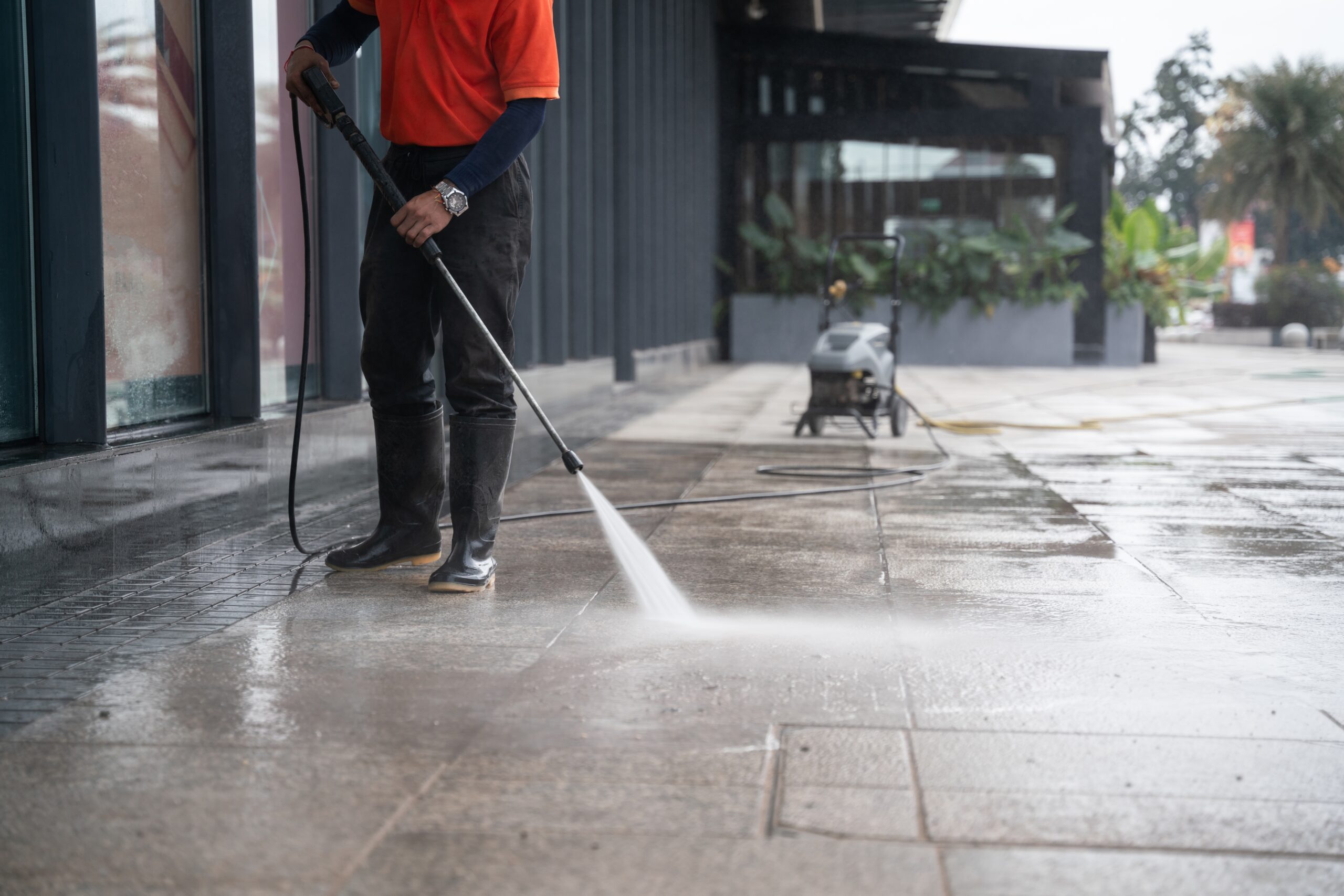As awareness around environmental impact grows, more and more shoppers are turning to sustainable fashion for their wardrobes. The fashion industry is evolving to meet the needs of eco-conscious consumers by embracing ethical practices, using eco-friendly materials, and promoting a more sustainable approach to clothing. Here are some of the latest trends that eco-friendly shoppers should keep an eye on.
1. Ethical and Fair Trade Practices
Many sustainable brands are placing a strong emphasis on ethical production. This means ensuring that workers are paid fair wages and work in safe conditions. As more people seek transparency in the products they buy, ethical fashion is gaining momentum. Brands that follow Fair Trade and similar standards are leading the way in promoting human rights and environmental stewardship.
2. Recycled and Upcycled Materials
A growing trend in fashion is the use of recycled materials. Clothing made from post-consumer waste, such as plastic bottles or discarded textiles, is becoming more common. Materials like recycled polyester and cotton help reduce waste while giving old materials a new life. Upcycling is also on the rise, with many consumers repurposing their old clothes into fresh, new styles.
3. Slow Fashion Movement
Unlike fast fashion, which promotes quick turnover and cheap, disposable garments, the slow fashion movement encourages buying less and investing in pieces that are timeless and durable. Slow fashion brands focus on quality over quantity, creating clothes that last longer and have a smaller environmental footprint.
4. Vegan Fashion
As consumers become more conscious of the ethical implications of their fashion choices, vegan fashion is growing in popularity. This movement eliminates animal-derived materials like leather and wool, opting instead for innovative alternatives made from sustainable, plant-based sources. Materials such as mushroom leather or Piñatex (made from pineapple fibers) are exciting alternatives that don’t compromise on quality or style.
5. Second-Hand and Rental Fashion
The second-hand market is booming as more people seek to give pre-loved items a second life. Platforms like Depop and Poshmark make it easy to buy and sell used clothing, while rental services allow consumers to enjoy a rotating wardrobe without the environmental cost of buying new items. Renting clothes for special occasions or everyday use is a sustainable way to keep your wardrobe fresh.
6. Sustainable Packaging
It’s not just the clothes that are changing; sustainable fashion extends to packaging and shipping practices. More brands are opting for eco-friendly packaging, such as biodegradable bags, recycled materials, and minimizing excess packaging. Some brands also offer carbon-neutral shipping options, further reducing their environmental footprint.
7. Eco-Friendly Innovations in Fabric
Sustainability is also being driven by innovation in textile technology. Fabrics made from biodegradable materials, like Tencel and organic cotton, are becoming more common. There are even lab-grown materials made from food waste or algae that could revolutionize the way we think about textiles in the future.Check out this<a href=”theworldinvogue.com/”>
top fashion magazine
</a>for the latest trends!




